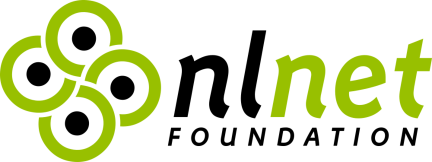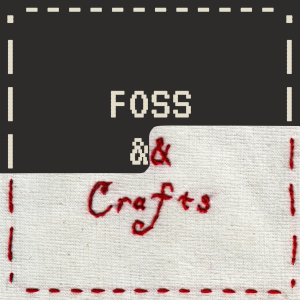Goblins makes writing secure distributed programs easier and safer, even in a mutually suspicious network. Its quasi-functional nature gives it easy transactionality and even time travel. (Yes, time travel!)
Goblins implements CapTP, the Capability Transport Protocol, which has such features as distributed acyclic garbage collection and reductions of network round trips through promise pipelining. But its biggest feature is how easy it is to write safe distributed code, which by following object capability security, which mostly resembles normal programming patterns of passing around object references.
Goblins is implemented as a Racket library (though a port to Guile is planned, and we are hoping for CapTP interoperability with Agoric's implementation of CapTP) and is heavily inspired by the E programming language. It is the most foundational layer of Spritely.




